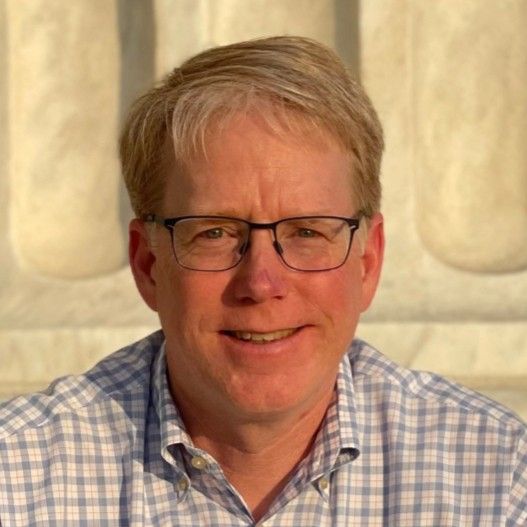Convening the Distribution Community
A look at the Healthcare Distribution Alliance’s professional development offerings
Convene, the Healthcare Distribution Alliance’s (HDA) Professional Development Program, brings together supply chain executives to “create the next generation of distribution leaders, discuss unique experiences and share tips and tools for developing a career as an industry professional.”
Pharma Commerce talked with Anne Nevel, HDA’s vice president, education and John Parker, HDA’s senior vice president, communications, to get some background on their roster of development activities, which include live and virtual events; a mentoring program; in-person career development sessions; and the Women’s Executive Forum.
Pharma Commerce: Can you talk a bit about HDA’s professional development offerings?
Anne Nevel

Anne Nevel: Professional development is a broad term that can mean so many different things. We provide education that is specific to the industry and education that falls into the career development space, not necessarily industry-specific. We don’t actually offer formal continuing education or certifications. You don’t get a certificate for attending, but you go through programs systematically to gain or improve your general understanding of the area. It’s a case of us going out to our member companies and asking members what they need to be successful in their roles. So, it’s not as much about training or learning a specific new skill, it’s more about maintaining what they already know and staying up-to-date with what they need in their jobs.
John Parker

John Parker: Our education is done through being a convener, providing meetings, experience, and learnings. We have an Emerging Leaders Program and a Mentorship Program. The Emerging Leaders program allows participants access to event discounts, real-world experience, in-depth industry insights, and an expanded network of peers that represent the many different segments, regions, and companies that make up the industry. The Mentoring Program has, since 2014, established professional relationships for more than 250 members, at all stages of their careers. It pairs manufacturers with distributors or third-party service provider professionals to avoid conflicts of interest. Mentors may guide mentees through specific projects or share general advice on navigating through a career in the pharmaceutical supply chain.
Anne: Our Karen J. Ribler Scholarship Program supports people already in the industry and already engaged in additional educational learning. We also have an ongoing relationship with Rutgers University and their supply chain program. We help to align these students with some of the industry’s veterans, who help them with certain topics they are working on through project-based learning. We also organize opportunities for professionals to come together to discuss issues of common interest in the workplace, share best practices related to leadership development, provide awareness of existing leadership development resources within the industry, and explore greater diversity in HDA programming.
How did your online offerings expand during the pandemic?
John: Prior to the current format, some of our programs, such as Understanding Pharmaceutical Distribution, were literally PowerPoint presentations, which were somewhat dense. But they have been reformulated online into much more streamlined, much more digestible, and accessible programs to learn the basics about the industry. Understanding Distribution is now an interactive course of 13 modules providing users with information on DSCSA, supply chain resilience, and the returns/recalls process. It also has modules on Pharmacy Service Administrative Organizations and pharmacy preparedness. The follow-up course, Understanding Specialty Distribution, builds further on this information with an emphasis on specialty pharmaceuticals and how they differ from traditional pharmaceuticals.
Anne: Before the pandemic, we weren’t doing a whole lot of online education and we were very thoughtful about what we provided after the start of the pandemic, knowing our members were even busier than before. We knew that whatever we provided had to be very useful and we had to be mindful of people’s time. It couldn’t just be something we put in front of them. Now that Understanding Distribution is an online, interactive course, it is more useful and can reach more people.